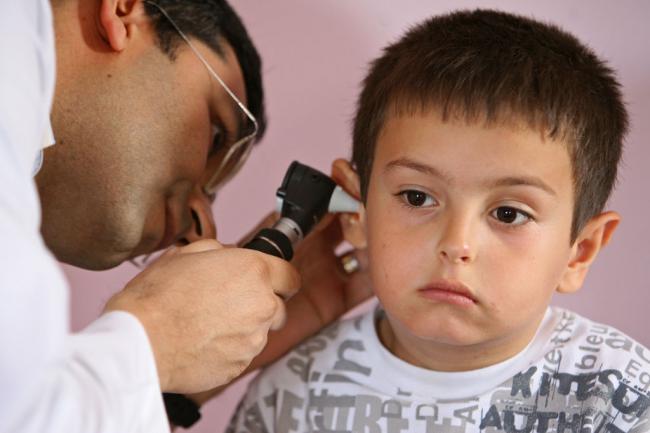
Growing inequality among children in high income countries, UNICEF reports
Innocenti Report Card 13, Fairness for Children: A league table of inequality in child well-being in rich countries, ranks 41 countries that are part of the European Union and the Organisation for Economic Co-operation and Development (OECD) according to how far children at the bottom of the distribution fall below their peers in the middle. The report looks at bottom end inequality of income, educational achievement, self-reported health and life satisfaction.
“The Report Card provides a clear reminder that the well-being of children in any country is not an inevitable outcome of individual circumstances or of the level of economic development but is shaped by policy choices,” said Dr. Sarah Cook, Director of the UNICEF Office of Research – Innocenti, in a press release.
“As our understanding of the long term impact of inequality grows, it becomes increasingly clear that governments must place priority on enhancing the well-being of all children on Thursday, and give them the opportunity to achieve their potential,” she added.
The Office of Research – Innocenti is UNICEF’s dedicated research centre. It undertakes research on emerging or current issues in order to inform the strategic directions, policies and programmes of UNICEF and its partners, shape global debates on child rights and development, and inform the global research and policy agenda for all children, and particularly for the most vulnerable.
The Centre’s latest research shows that Denmark is at the top of the overall league table with the lowest inequality among children. Israel ranked lowest across all domains. In 19 out of 41 countries covered by the data, more than 10 per cent of children live in households with less than half the median income.
While inequality in children’s self-reported health symptoms increased in almost all countries between 2002 and 2014, UNICEF notes that inequality in physical activity and poor diet decreased in a majority of countries. Bottom-end inequality has also narrowed in reading achievement in the majority of countries.
Meanwhile, when children rank their life satisfaction on a scale of one to 10 the median score is eight; however, children at the lower end of the distribution fall far behind their peers. In every country, girls aged 13 and 15 report lower life satisfaction than boys.
Innocenti Report Card 13 proposes the following key areas for government action to strengthen child well-being: protect the incomes of households with the poorest children; improve the educational achievements of disadvantaged learners; promote and support healthy lifestyles for all children; take subjective well-being seriously; place equity at the heart of child well-being agendas.
Other significant findings include that two of the world’s wealthiest countries, Japan and the United States, were positioned in the bottom third of the league table for income inequality. In both countries, the household income of a child in the 10th percentile is roughly 40 per cent of that of a child in the middle of the income distribution.
In addition, only Spain and the United States improved in all four health indicators since 2002, and only four countries – Estonia, Ireland, Latvia and Poland – managed to lower education inequality while also allowing fewer children to fall below minimum proficiency standards.
Among 10 countries where data on country of birth was collected, seven showed lower life satisfaction among migrant children.
Photo: Simone D. McCourtie / World Bank
Support Our Journalism
We cannot do without you.. your contribution supports unbiased journalism
IBNS is not driven by any ism- not wokeism, not racism, not skewed secularism, not hyper right-wing or left liberal ideals, nor by any hardline religious beliefs or hyper nationalism. We want to serve you good old objective news, as they are. We do not judge or preach. We let people decide for themselves. We only try to present factual and well-sourced news.







